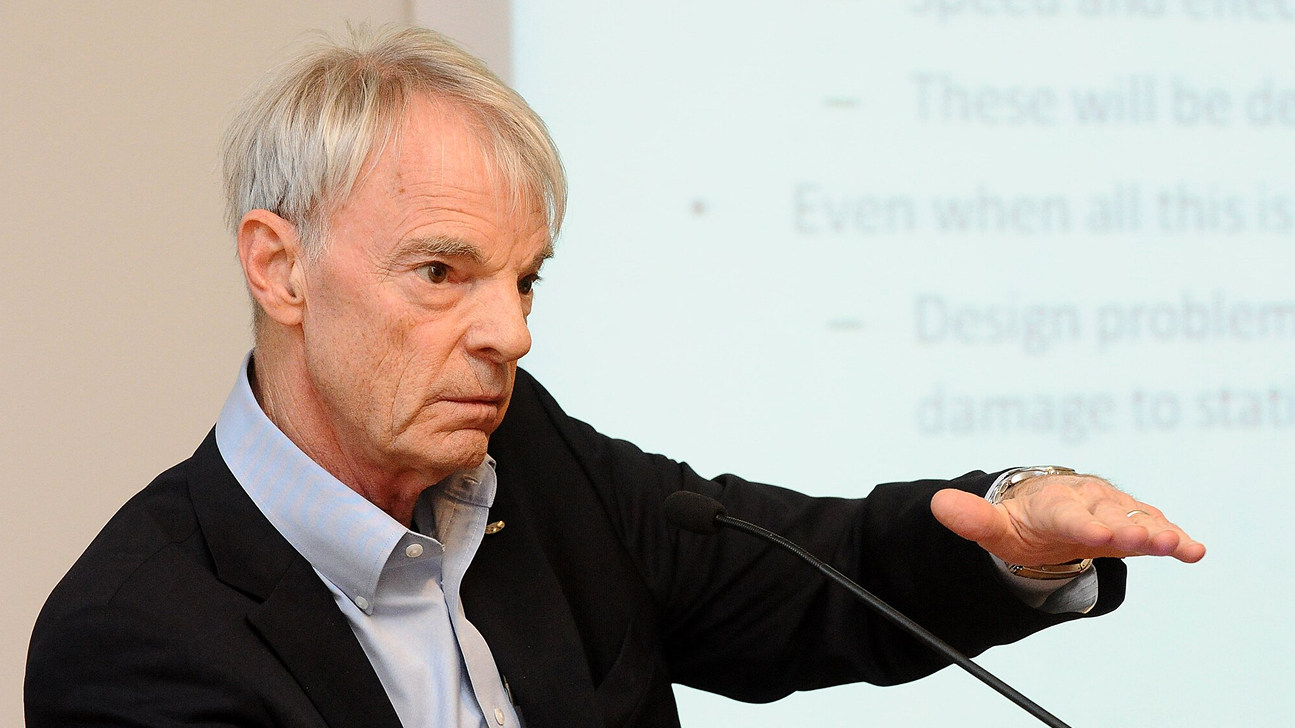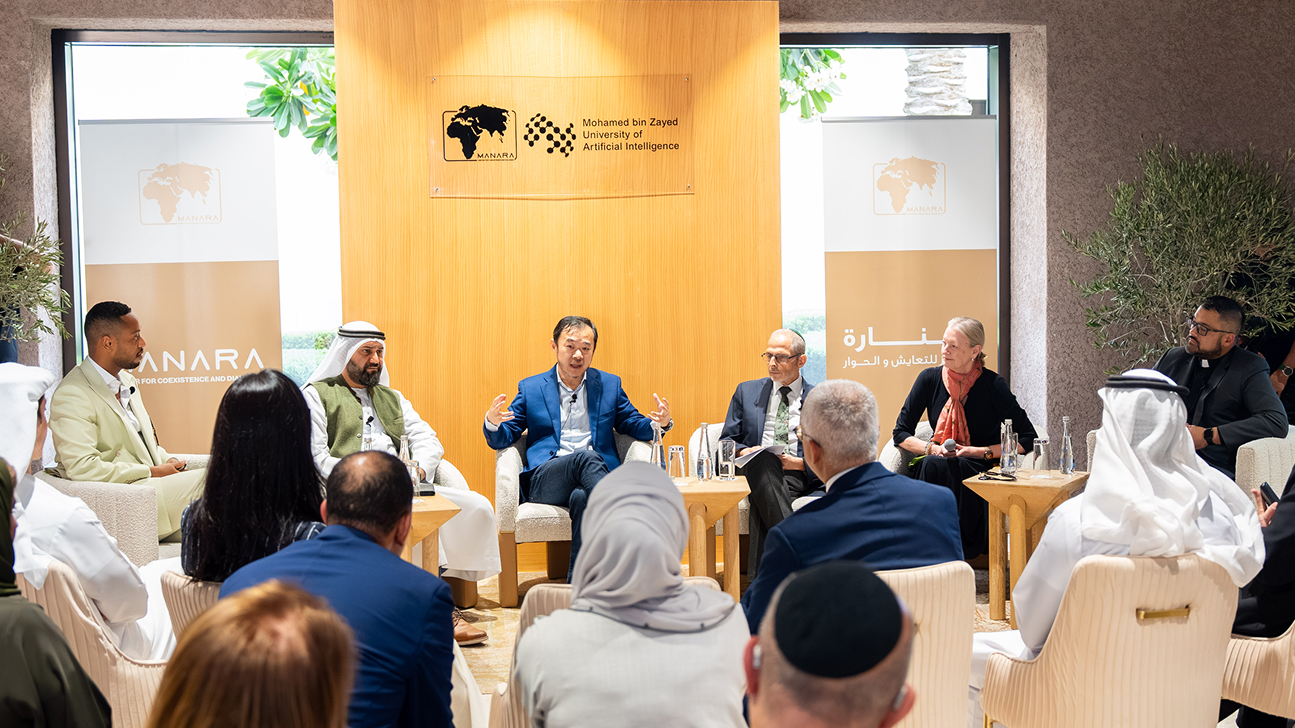How to Boot Up a New Engineering Program
Wednesday, January 22, 2025
Abstract: Brandeis University, located in Waltham, Massachusetts, USA, is preparing to launch a unique and distinctive Engineering program that leverages our position as a research-intensive university with a liberal arts philosophy. Students will be accepted into the major beginning in F26, but engineering courses are already being offered to non-majors. The goals of the program are manifold: to develop engineers with a robust education in both liberal arts and engineering, enabling them to create technological solutions for pressing societal challenges; to translate our basic science research strengths into practical technologies that address global issues; to foster innovation across our liberal arts programs by integrating engineering principles and tools into disciplines ranging from archaeology to physics; and to engage more effectively with the vibrant commercial enterprises in Waltham and beyond.
Three distinctive elements set our program apart from peer institutions in Engineering: First, new Engineering faculty will be embedded within existing science departments rather than forming a separate department, amplifying our existing strengths while avoiding new silos. These faculty will develop technological applications of Brandeis research and bring new technical capabilities to our research enterprise. Second, Engineering faculty will teach in a new ABET-certified undergraduate Engineering Science major slated to start in Fall 2026. The curriculum takes an innovative approach by engaging students in hands-on design projects from their first year, before they complete all traditional prerequisites, and features an engineering curriculum within which science is deeply integrated. This allows students to experience engineering practice while building theoretical foundations, making the field more accessible to a diverse student population, and training engineers who are readily adaptable to the rise of new technologies. Third, the program emphasizes cross-university collaboration through shared courses, facilities, and projects. Engineering courses and design spaces are open to non-engineering majors and faculty, bringing technical problem-solving tools to students and scholars across disciplines. The program will also create new opportunities for entrepreneurship and innovation through partnerships with the International Business School.
Speaker/s
Seth Fraden, PhD, Professor of Physics & Co-Chair of Engineering Seth Fraden is from San Francisco and received a physics BA from UC Berkeley in 1979. He worked as an electronics technician at Brandeis in 1980 and began graduate studies at Brandeis in physics in 1981, receiving his physics Ph.D. in 1987. His postdoctoral work was at the Hochfeld Magnet Labor of the Max Planck Institut für Festkorperförschung in Grenoble, France. Fraden returned to Brandeis as an assistant professor in 1989. Currently, Fraden is professor of physics and co-interim chair of Engineering. He served as director of the Bioinspired Soft Materials Research Science and Engineering Center (MRSEC) at Brandeis University from 2012 - 2024. The MRSEC is the largest and most interdisciplinary science grant at Brandeis, supporting 17 faculty from 6 departments. MRSECs are renewed through national competitions every 6 years and Fraden has led Brandeis through 3 cycles. Fraden received the 2008 Innovation Prize of the International Organization of Biological Crystallization for the development of microfluidic devices for high throughput protein crystallization. In 2020, Fraden was elected a Fellow of the American Physical Society for leadership in experimental soft matter physics. Fraden’s research focus is Bioinspired Soft Matter with a focus on applications (a) self-assembly in biomaterials with applications in antiviral therapy and drug delivery, (b) active matter with applications in soft robotics, (c) non-linear chemical dynamics and (d) the development of microfluidics for biotechnology with applications in protein crystallization. More details can be found on his research lab’s website: http://fraden.brandeis.edu/. Fraden lectures in STEM fields in developing countries. He taught Quantum Mechanics and Numerical Methods at the Kigali Institute of Science and Technology (Kigali, Rwanda), and recruited KIST students to the Brandeis Physics PhD program. Fraden is committed to increasing diversity in STEM. In 2013, he initiated a collaboration with Hampton University, a HBCU founded in 1868 to train blacks to become teachers. Hampton and Brandeis make natural partners. Each institution was founded to address inequity by making higher education available to disenfranchised groups, each institution is small with a focus on undergraduate education and each is focused on research excellence. This collaboration is supported with a grant from NSF (2018 – 2024) to promote joint education and research projects.
Related
Nobel Laureate Michael Spence on how AI is redefining the global economy
Nobel Prize-winning economist Michael Spence explains how AI is reshaping the economic landscape and what is needed.....
- digital policy ,
- governance ,
- Nobel Prize ,
- guest talk ,
- guest lecture ,
- economics ,
- Economy ,
- Undergraduate ,
Understanding faith in the age of AI
MBZUAI hosted a panel discussion in collaboration with the Manara Center for Coexistence and Dialogue focused on.....
- connection ,
- discussion ,
- religion ,
- spirituality ,
- faith ,
- conversation ,
- panel ,
- Human–computer interaction ,

